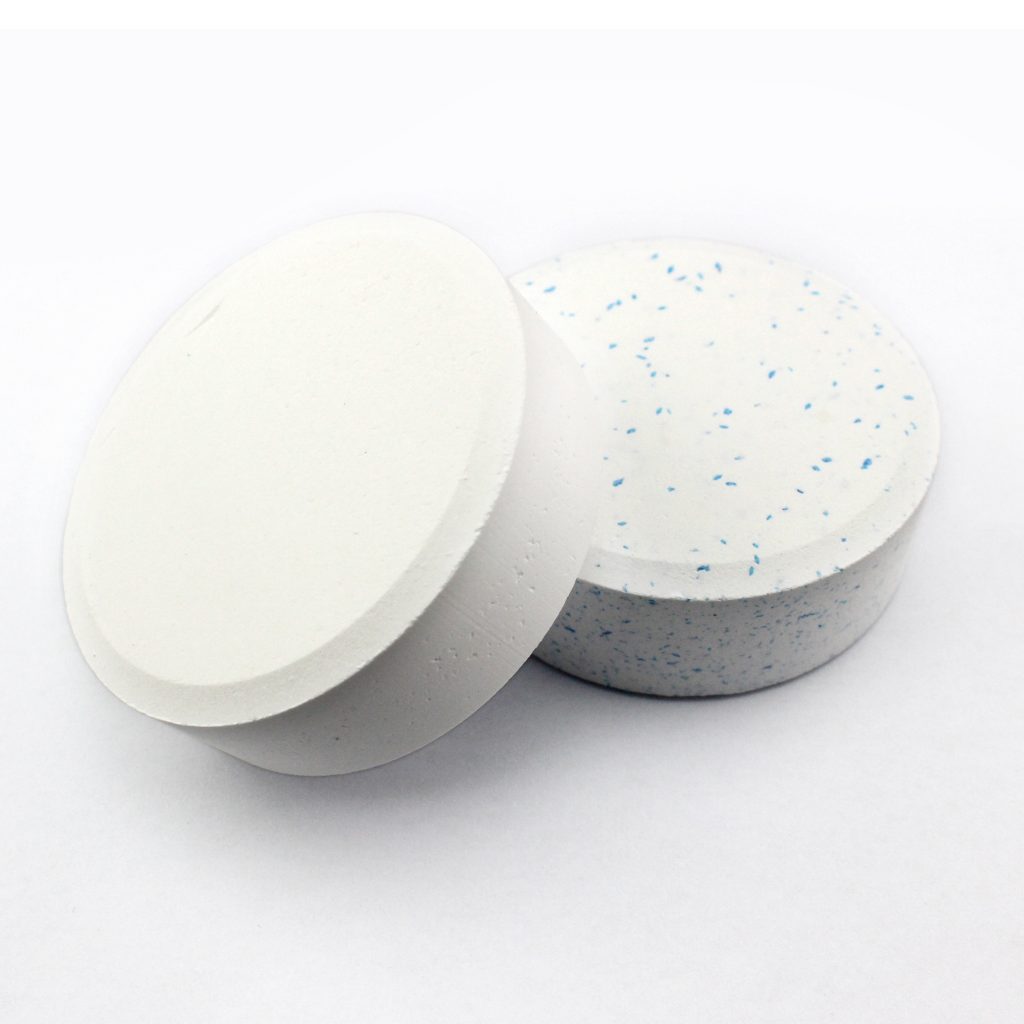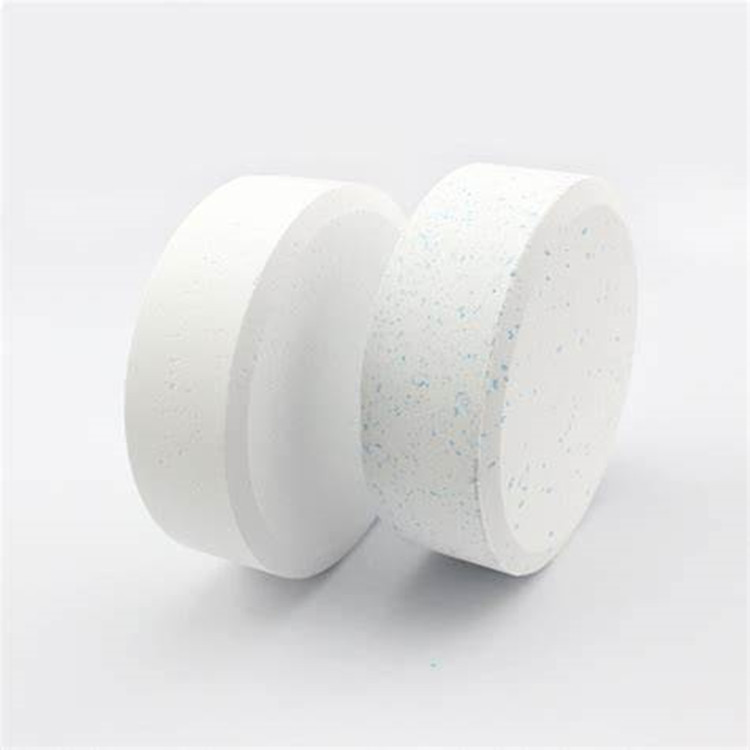On a hot summer day, a clean and cool pool is perfect for individuals to get cool and relax. However, it is hard to maintain pool water cleanliness. As the “guardian” of water purity, pool chlorine tablets cannot be avoided. One does not have to add a tablet every day. Misuse, apart from wasting, also has the chance to ruin water quality. So, how can we determine if the swimming pool requires chlorine tablets to clean? Let us explain it from different viewpoints.
I. Observe the Clarity of Water
One of the essential characteristics of quality pool water is a clear bottom. If water is cloudy, low visibility, and even tiles or lane lines are not visible when you are on the pool side. It shows that there are lots of impurities, including microorganisms and suspended matter, in the water.
The pool water must be transparent and clear of impurities in normal conditions, and light must be capable of passing through uniformly. However, the moment that the water becomes cloudy, something must be urgently done. This is accomplished using chlorine tablets to disinfect the water. The tablets disinfect by oxidizing and breaking down organic material, thereby rendering the water clear.
II. Detect Residual Chlorine Content
Residual chlorine concentration is another parameter that needs to be tested to determine whether the water quality is up to standard. It is also the most important factor for ascertaining if you need chlorine tablets. You only need to follow the guidelines furnished along with the measuring device, and you can determine the residual chlorine concentration of water. On average, the residual chlorine of pool water must be 0.3-1.0mg/L.
When the test result shows that the residual chlorine content is below 0.3mg/L, there is not enough active chlorine in the water. And it cannot effectively suppress the growth and reproduction of algae and bacteria. In this situation, adding chlorine tablets promptly can supplement the residual chlorine to guarantee the water disinfection effect. If the residual chlorine exceeds 1.0mg/L, it will hurt the swimmer’s skin and eyes. In that case, it’s necessary to dilute the pool water as needed instead of continuously adding chlorine tablets.
III. Pay attention to the frequency of use of the pool
When many people utilize the pool daily, sweat, grease, dandruff, cosmetics, and other organic substances of the human body enter the pool water constantly. The organic substance will consume chlorine in water and accelerate the degradation of water quality.
Even if the pool water appears to be transparent in such situations, the frequency of adding tablets needs to be increased. This way, there will be a proper residual chlorine concentration, and water quality will be fine. On the other hand, if the users are few or if it is not in peak use, the number of tablets can be proportionally reduced.
Irrespective of circumstances, the level of residual chlorine must still be checked in time.

IV. Consider Special Weather and Environmental Factors
Weather and environmental alteration will also impact pool water quality. Hot weather conditions are conducive to the growth of microorganisms, while heavy rain can introduce dust, leaves, and ground contaminants into the pool. Hence, it will contribute to the pool water pollution load.
Further, if the pool is in a suboptimal environment, like near chemical factories or garbage disposal facilities, impurities from the air will keep depositing into the water. In the case of such a situation, even when the water clarity and residual chlorine level are already within the acceptable standards, it is prudent to increase the use of tablets suitably.
V. Observe the Foam and Odor on the Water Surface
Ideally, the surface of a pool should be calm with minimal foam and a slight smell of chlorine. However, if there is a lot of recurring foam, it could be due to excessive organic matter, like oil and protein, or an unbalanced pH level in the pool water.
Meanwhile, if the water has a strong, disagreeable smell, it indicates that the chlorine has reacted with the impurities and released excessive by-products such as chloramines. In such cases, treatment and purification of the water require chlorine tablets. The purpose is to eliminate the pungent smell and enhance the water quality.
Conclusion
As an advanced professional manufacturer of chlorine tablets, we have a clear concept of how important it is to examine the pool cleaning demand. Our top-class chlorine tablets can disintegrate immediately and provide effective sterilization. Moreover, they are able to accurately control the residual chlorine content so that you can effectively manage different water quality situations easily. If you face any problems, please feel free to ask.

 Instant
Quote
Instant
Quote Email
Us
Email
Us